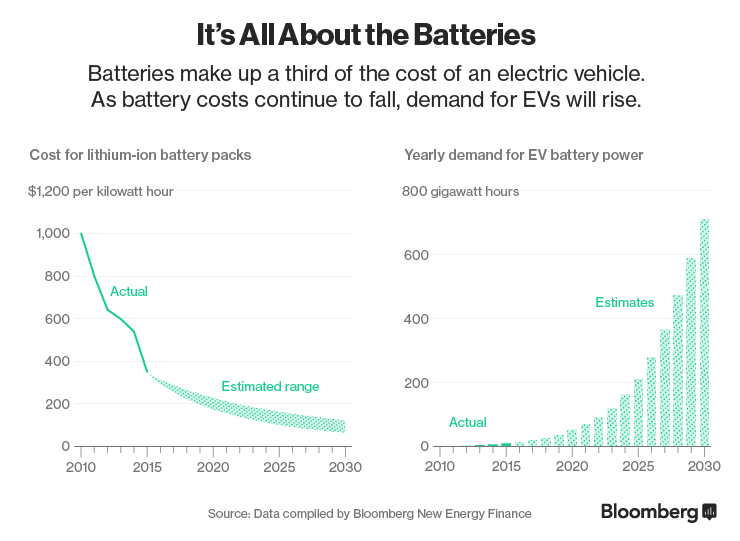LeftieBiker
Well-known member
- Joined
- Jan 10, 2017
- Messages
- 793
boltage said:LeftieBiker said:Another approach is to offer to install an EVSE for new tenants. I looked at a complex under construction that had large freestanding solar panels for most of the daytime power, offered parking spaces under the carport-like structure, and was willing to install charging stations for the assigned space. Unfortunately, it was also very near a main highway plus a freeway...
If the concern is that drivers from the main highway or freeway will stop by to mooch off of your electricity and occupy your parking space, then the EVSE could be enclosed in a locker that can be unlocked only by the tenant assigned to the parking space.
No, my concern was the constant traffic noise.














